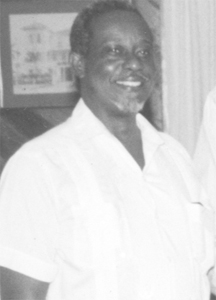Can you provide some information on the new , "Guyana Overseas United" and other groups that have interest in Guyana.
I watched your Town Hall Meeting on Globe Span 24 x 7.
One of the important question that was not asked, was a Member of Parliament voting for the other side of the House. Guyana closed list electoral system doesn't allow such. The MP have to inform the speaker of the house of his intention and have to resign as an MP from the list.
The Chief Justice have addressed the issue regarding an MP resigning as valid, also declared that Charandass haven't doing so is still a member of parliament. The CJ have erred, also at the time of the NCV the Speaker of House should have informed the MP of the procedure of voting .



